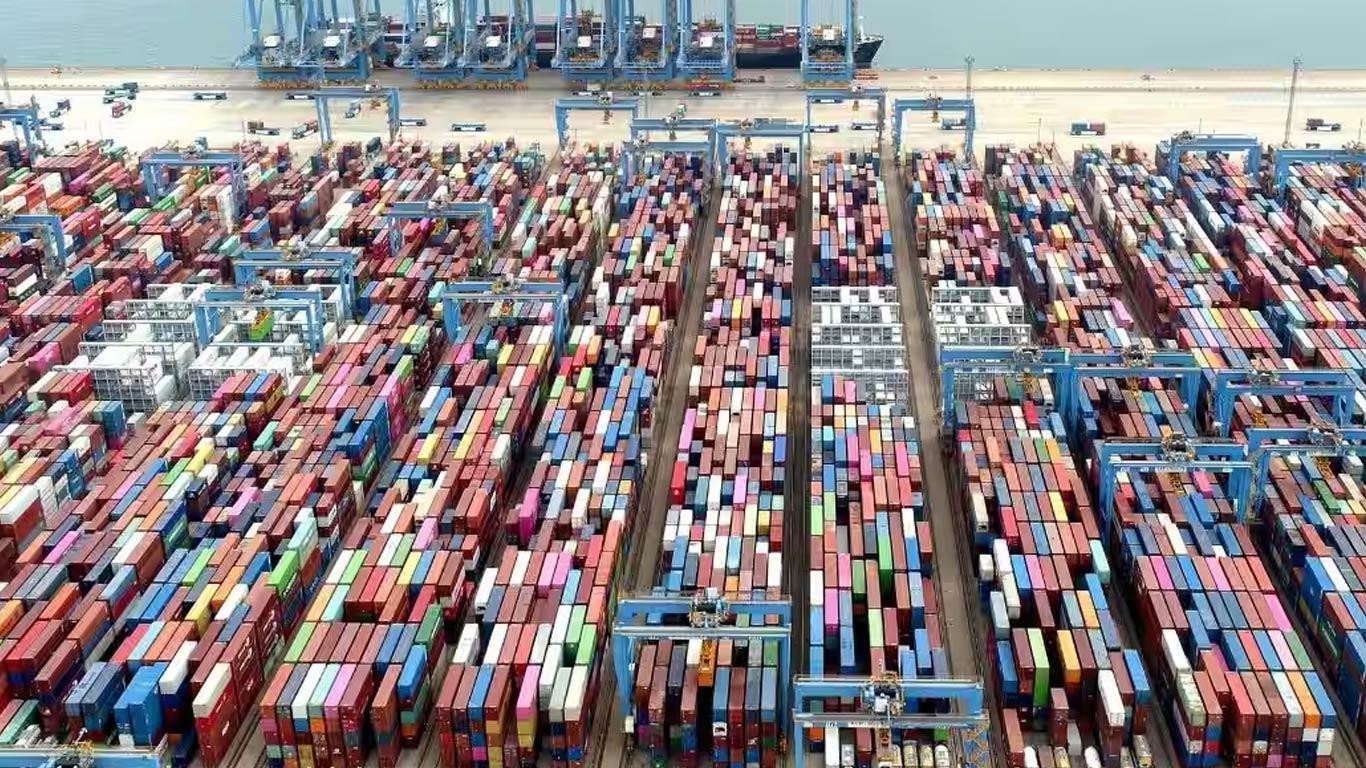
Higher U.S. Tariffs On China Could Benefit Indian Medical, Industrial Exports
This move is expected to create potential opportunities for Indian medical and industrial exporters to increase their presence in the U.S. market, according to government officials and trade experts.
The White House hiked tariffs on Chinese electric vehicles from 25 per cent to 100 per cent, doubled levies on solar cells from 25 per cent to 50 per cent, and tripled the duty on certain steel and aluminum products from 7.5 per cent or less to 25 per cent. Tariffs on non-lithium-ion battery parts shipped from China to the U.S. will also increase from 7.5 per cent to 25 per cent.
Previously untaxed Chinese items such as face masks, critical minerals, and ship-to-shore cranes will now be subject to a 25 per cent tariff. According to the White House, these new tariffs will impact an estimated USD 18 billion worth of Chinese imports into the United States.
While India is not a leading manufacturer across all affected product categories, the tariff hikes position Indian exporters favourably in sectors where domestic production capacities are robust, stated a senior government official. These include medical supplies like personal protective equipment, syringes, needles, and gloves.
“India's position as the second-largest producer of PPE kits, masks, syringes, and medical gloves will give us a significant advantage,” stated Ajay Sahai, Director General of the Federation of Indian Export Organisations (FIEO).
However, trade experts caution about the potential for Chinese goods facing higher U.S. duties to be diverted to markets like India at dumping prices.
The U.S. Trade Representative framed the tariff increases as necessary measures to counter unfair Chinese trade practices and curb the flooding of global markets with low-cost Chinese products. However, some analysts suggest the higher duties may violate World Trade Organisation rules by exceeding bound commitments.
The ongoing U.S.-China trade tensions and trend towards economic self-reliance through protectionist policies create new challenges for global supply chains already grappling with risks and resilience issues.
(KNN Bureau)
Legal Disclaimer:
MENAFN provides the information “as is” without warranty of any kind. We do not accept any responsibility or liability for the accuracy, content, images, videos, licenses, completeness, legality, or reliability of the information contained in this article. If you have any complaints or copyright issues related to this article, kindly contact the provider above.
Most popular stories
Market Research

- Manuka Honey Market Report 2024, Industry Growth, Size, Share, Top Compan...
- Modular Kitchen Market 2024, Industry Growth, Share, Size, Key Players An...
- Acrylamide Production Cost Analysis Report: A Comprehensive Assessment Of...
- Fish Sauce Market 2024, Industry Trends, Growth, Demand And Analysis Repo...
- Australia Foreign Exchange Market Size, Growth, Industry Demand And Forec...
- Cold Pressed Oil Market Trends 2024, Leading Companies Share, Size And Fo...
- Pasta Sauce Market 2024, Industry Growth, Share, Size, Key Players Analys...





















Comments
No comment